It is estimated that each year 1,700 Australians1 will be diagnosed with oesophageal cancer. Sadly these Australians are presented with a 23% chance of surviving this cancer after 5 years1.
Thanks to ongoing support from our generous donors, we have been able to fund critical research in partnership with Monash University and Alfred Health to improve the outlook for this disease and the quality of life living with it.
The current state
Oesophageal cancer, or cancer of the gullet, is the 9th most common cancer and the 6th leading cause of cancer deaths worldwide. It is rare but highly fatal, and its rates have been steadily increasing over the past 30 years. Unfortunately, fewer than 50% of those diagnosed will survive for more than a year.
The best chance of surviving oesophageal cancer often involves a combination of chemotherapy, radiotherapy and surgery. Surgery, however, remains the most effective treatment. Without it, the survival rate drops to just 5%. Early detection and this combined treatment approach are crucial for survival. However, these treatments often lead to complications and physical setbacks.
The challenges we face in to
The current care model for upper gastrointestinal (GI) cancer is fragmented, with many specialists involved in the treatment process before and after surgery. The surgery itself is long and invasive, often removing the oesophagus and repositioning the stomach to create a new oesophagus.
Unfortunately, this procedure can severely affect a patient's quality of life, leading to complications like food regurgitation, poor nutrition, and discomfort. As a result, long-term survival and quality of life remain low for many patients.
The importance of quality of life
Leading professor Wendy Brown, from Alfred Health, is passionate that we must not focus on not only extending life but also maintaining a good quality of life for those undergoing treatment.
Supported by funding through The Aftershock, Professor Brown and her team are working toward creating an integrated hub for research and care. This hub will bring together clinicians who understand patient needs with scientists who can develop new treatments. While still in its early stages, this initiative has the potential to revolutionize care and set new standards for oesophageal cancer treatment in Australia.
"We must preserve quality, not just quantity of life"
Professor Wendy Brown

Improving post-surgery outcomes
Dr. Kaleb Lourensz from Alfred Health is leading efforts to improve the function of the new oesophagus after surgery. By collaborating with the radiology department, they’ve developed a new technique using high-quality dynamic MRI scans to study what factors impact oesophageal function.
After scanning 30 patients, they identified certain anatomical features that significantly affect how well the new oesophagus works. These findings, presented at the Royal Australasian College of Surgeons Annual Scientific Conference, show great promise for improving surgical practices and enhancing the quality of life for patients.
Want to learn more?
If you’re interested in learning more about this research program, or would like to contribute towards it, please get in touch.
In research partnership with






